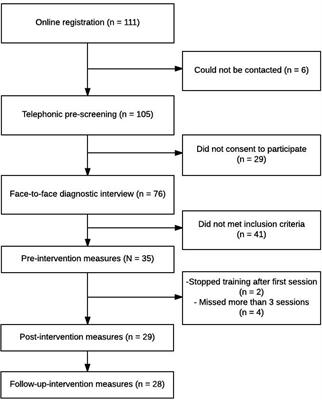ORIGINAL RESEARCH
Published on 26 Apr 2019
The Social Life of Class Clowns: Class Clown Behavior Is Associated With More Friends, but Also More Aggressive Behavior in the Classroom
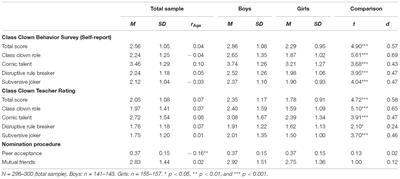
doi 10.3389/fpsyg.2019.00604
- 42,684 views
- 6 citations
56k
Total downloads
562k
Total views and downloads
Select the journal/section where you want your idea to be submitted:
ORIGINAL RESEARCH
Published on 26 Apr 2019

EDITORIAL
Published on 09 Apr 2019
ORIGINAL RESEARCH
Published on 27 Nov 2018
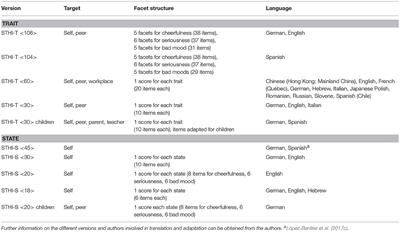
SYSTEMATIC REVIEW
Published on 21 Sep 2018
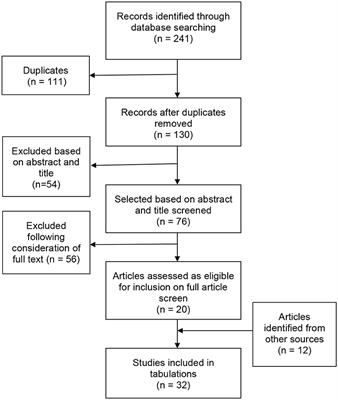
ORIGINAL RESEARCH
Published on 11 Sep 2018
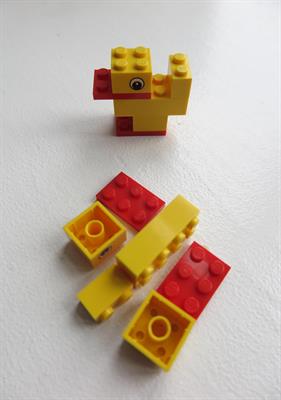
ORIGINAL RESEARCH
Published on 14 Aug 2018

ORIGINAL RESEARCH
Published on 14 Aug 2018
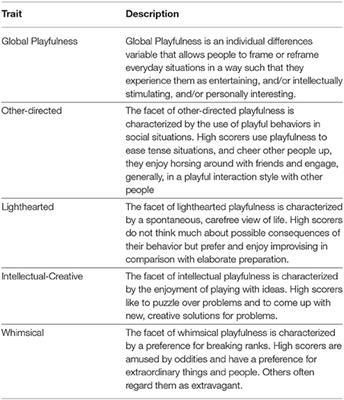
ORIGINAL RESEARCH
Published on 13 Aug 2018
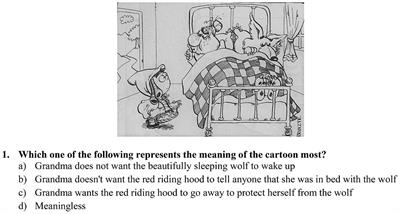
ORIGINAL RESEARCH
Published on 20 Jul 2018
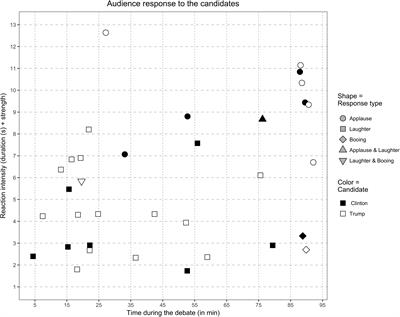
SYSTEMATIC REVIEW
Published on 19 Jun 2018
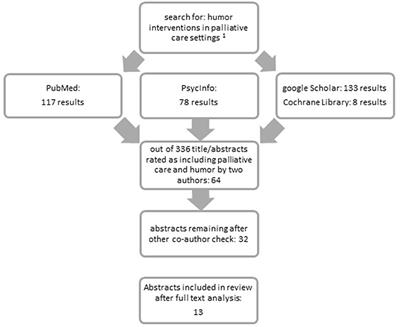
ORIGINAL RESEARCH
Published on 28 May 2018
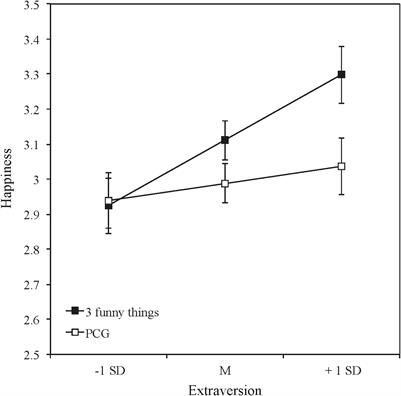
ORIGINAL RESEARCH
Published on 24 Apr 2018
